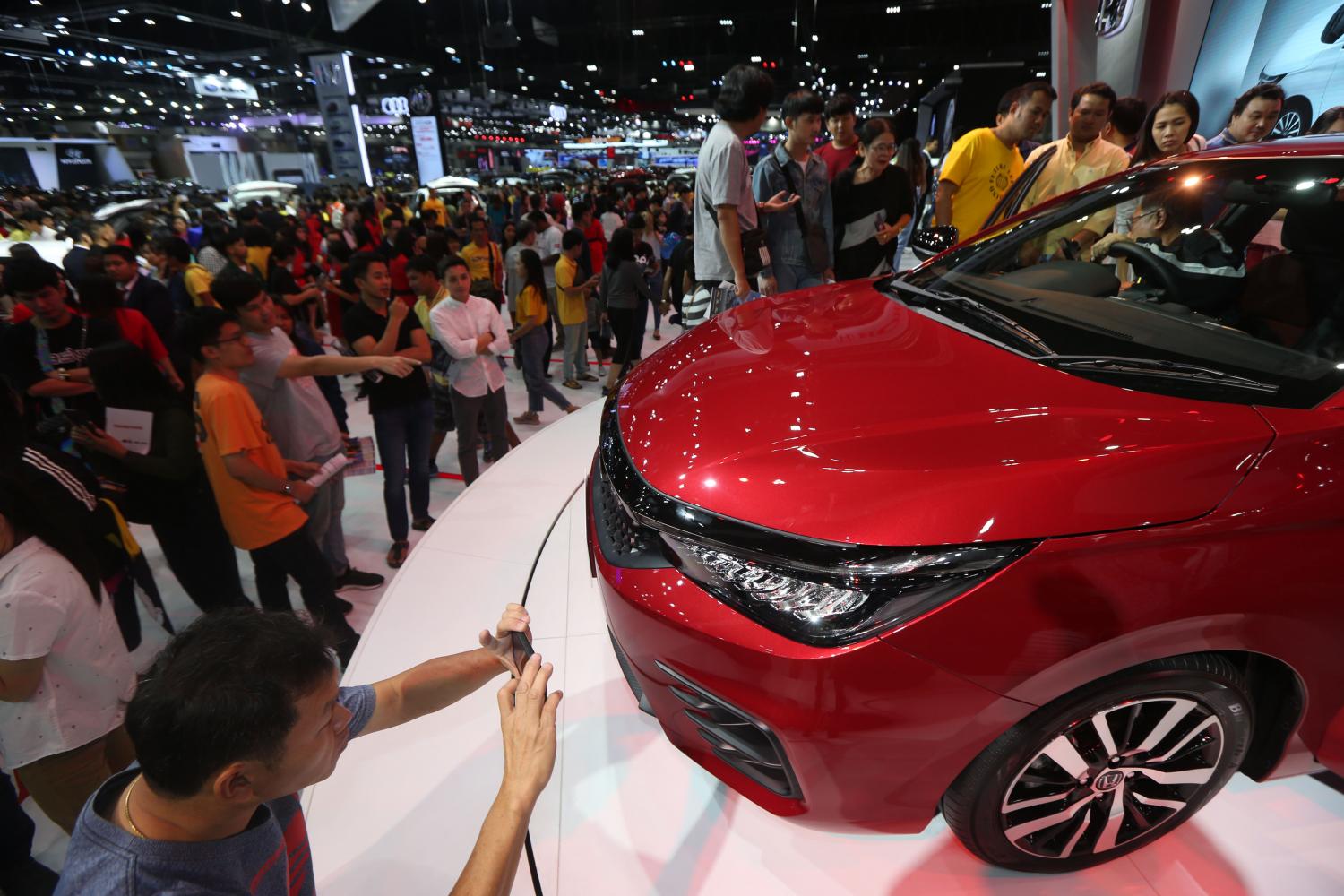
The Federation of Thai Industries (FTI) will propose a car trade-in scheme to the government in a bid to boost domestic car demand and delay global automakers' plans to lay off factory workers.
The federation is also calling on the government to extend the income tax deadline for another year from the deadline in August because car makers want to hold on to working capital.
Under proposed scheme, the government will encourage motorists to purchase new, eco-friendly vehicles and turn in cars over 20 years old, said Surapong Paisitpatanapong, a spokesman for the FTI's automotive club.
About 2 million old cars in Thailand would qualify for the plan, he said.
Similar trade-in schemes, dubbed "cash for clunkers", were launched in Germany and the US in the wake of the subprime crisis of 2008.
But Mr Surapong said the measure is reliant on each auto company volunteering to join the programme, with each company determining which car models can be exchanged.
He said the government may not be able to fund the scheme entirely, but it could provide some support. For instance, the government may subsidise 50,000 baht per car.
Mr Surapong said some automotive and auto parts companies are mulling laying off employees in response to a considerable drop in sales due to weak purchasing power from the coronavirus pandemic and travel restrictions.
This year's car sales volume is expected to fall by 50% from 2019.
Sales in April likely totalled 33,000 units, the lowest level in 10 years, Mr Surapong said.
"The global economic slowdown has lowered purchasing power both in Thailand and overseas, which has affected sales volumes," he said.
The automotive and auto parts industries employ about 750,000 workers in Thailand.
"Many car makers cannot afford to pay operating costs, which include labour, so some companies are cutting work days and delaying reopening their manufacturing plants after shutting down in April," Mr Surapong said.
Companies will likely try to retain high-skilled labour.
"The first group that car makers will likely let go will be subcontracted employees, then employees will be offered the option of voluntarily resigning," Mr Surapong said.
Global car makers such as Toyota, Honda, Mitsubishi, Ford and Mazda shut down production lines from March to April because of falling car sales and the government policy to let employees work from home.